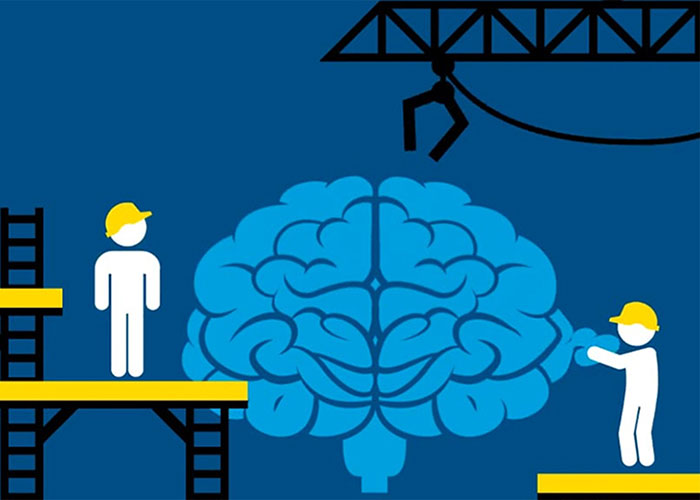Read the detailed description of Quest's Summer Camp information!
Read Our Latest Announcement!
Sincerely,
Jodie Knott, Ph.D.
Director and Licensed Psychologist
Quest Therapeutic Camps of Southern California
Neuroplasticity and the Importance of Feeling Grateful
In this informational video, we can demonstrate how brains are continuously changing and growing. Everyday children are gathering new information and broadening their understanding of the world around them. Talking to your children about how their brains are growing and changing will make them more open to the change process and they tend to make more significant changes.
Research also demonstrates that just by teaching children that their brains are capable of change and development more significant positive behaviors occur for children.
Gratitude “has been conceptualized as an emotion, an attitude, a moral virtue, a habit, a personality trait, or a coping response. The word gratitude is derived from the Latin root gratia, meaning grace, graciousness, or gratefulness” [1].
Here are some suggestions in how you can begin counting your blessings! [2]
- You strengthen friendships
- You build a sense of spirituality
- You improve your creative thinking
- You cope better with stress
- You improve your mood
“It’s kind of obvious, really (why wouldn’t you feel happier when thinking about happy things?) but the key words here are substantial and consistent. It seems happiness sticks over time.” [3]
UPCOMING PROGRAMMING
School Year Programming
School year therapy groups are ten-week afternoon therapeutic groups that are designed to provide therapy by specifically targeting individualized goals for our campers.
A minimum of one hour includes therapeutic activities that heavily target the development of social skills, emotion regulation, and positive behaviors, while the next hour focuses on further skill development by providing a variety of experiential activities as part of a group to create opportunities to observe the child in a natural setting and intervene to facilitate change. Some quarters provide a special emphasis to improve skills, while other quarters have a more general offering based on the campers’ interests and often include programming in areas such as video game making, drama, art, movie making, etc.
Winter Group Dates are:
January 4th – March 8th
Wednesday Evenings 5:30 to 7:30
at the Central Library in Huntington Beach
Summer Programming
Quest’s intensive summer program offers 7 weeks of programming (6 weeks of day camp and 1 week of residential). The summer program includes individualized behavior plans, group therapy, occupational therapy, a social thinking curriculum, mindfulness activities, yoga, soccer, games in the park, and field trips (beach, boomers, rock climbing, ropes course, bowling, etc.) to create a fun and engaging, therapeutic camp experience for children.
Weekly parent meetings are also included. The summer program has been found across multiple studies to significantly reduce hyperactivity, impulsivity, aggression, and inattention, while improving peer relations, family relations, athletic competency, behavioral control and self-esteem. Quest has also been found to improve social awareness, social cognition, social communication, and social problems.
Summer Camp Dates are:
June 26 through August 10th

